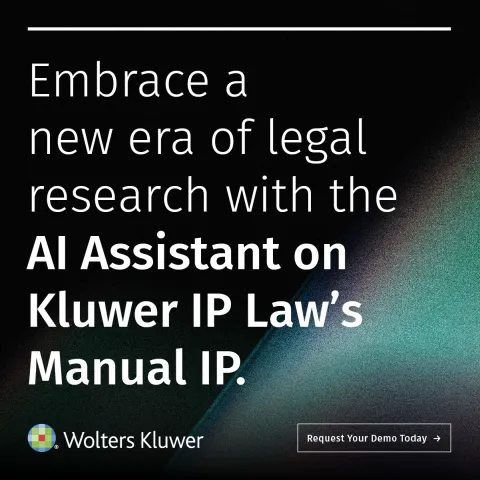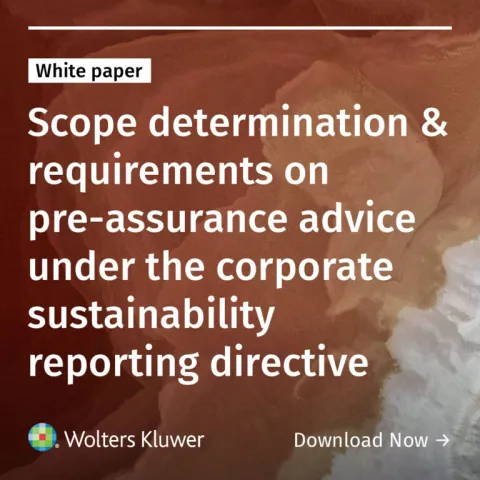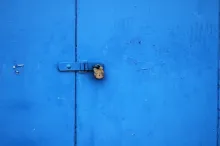Patent case: Association for Accessible Medicines v. Becerra, USA
August 30, 2020
Declarations from generic drug makers alleged only possible future injury from implementation of the 2019 law that created a presumption that so-called "pay for delay" settlement agreements are anticompetitive.
A trade association for the generic pharmaceutical industry failed to demonstrate standing to challenge a California law that created a presumption that "reverse payment" settlement agreements regarding patent infringement claims between brand-name and generic pharmaceutical companies were anticompetitive and unlawful. None of the declarations submitted by trade association members alleged an intention to engage in such a settlement. Nor did they establish that they incurred economic injury due to complying with the law, such as by foregoing pay for delay settlements or litigating patent-infringement suits to judgment. Rather, the members alleged that they "likely would expect to be forced to litigate every pending patent-infringement lawsuit to judgment," or that they "likely will stay [their] hand on many products and simply stay off the market until the relevant patents all expire." These declarations alleged only "possible future injury" and failed to establish a substantial risk of harm (Association for Accessible Medicines v. Becerra, July 24, 2020, per curiam).
Case date: 24 July 2020
Case number: No. 20-15014
Court: United States Court of Appeals, Ninth Circuit
A full summary of this case has been published on Kluwer IP Law.
You may also like













